
25 Dec, 2024
Praying for Peace is Meaningless without Action to Build it
The annual Christmas-New Year break is a season for festivity, merriment and exchanging wishes for peace, happiness, health and prosperity. This year, I refrained from extending these perfunctory wishes.
Instead, I explored alternative pathways to actually CREATE peace, happiness, prosperity and good health. That meant taking a deeper look at the forces of disruption, the causes of human suffering as well as those responsible for both.
Understanding the reasons for “suffering” lies at the heart of Buddhism, which I have enjoyed studying. Buddhism is the faith followed by most of the people of Thailand, my adopted country. So it is but natural that I, a Muslim, should familiarise myself with the teachings of the Lord Buddha (Peace Be Upon Him) in order to live peacefully with the Thais.
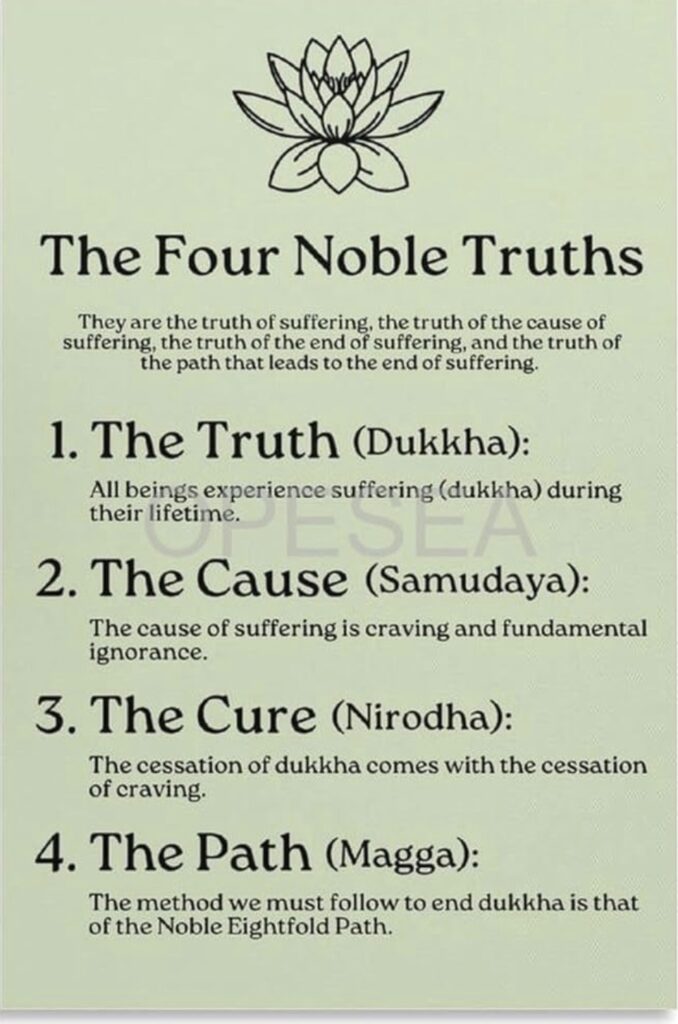
It also lies at the heart of Christianity. Christmas celebrates the birth of Jesus Christ (Peace Be Upon Him) but the images of his death by crucifixion all draw attention to his suffering in pain, hunger and thirst.
Similar to Buddhism, I owe a debt of gratitude to Christianity, as a proud product of one of the thousands of educational institutions they have set up worldwide.

The relationship between suffering and its solutions is a spiritual concept. Making it applicable and relevant to the average person, especially in this age of Instant Gratification, is still work in progress.
Buddhism is very clear how to go about it. The Four Noble Truths pinpoint the causes of suffering and the Eightfold Path pinpoints the solutions.

Although much suffering today is the result of “natural disasters”, otherwise known as Acts of God (earthquakes, floods, hurricanes, tsunamis, etc), other forms of suffering are caused by deliberate, calculated Acts of Humans (wars, conflicts, economic crises, ethnocentrism, crime, environmental destruction, etc).
So, even as we wish each other happiness, peace, good health, etc over this festive season, we know that those wishes are empty words minus concrete action to address the forces of disruption.
The solution: The Eightfold Path in the case of Buddhism and the Ten Commandments in the case of Christianity.
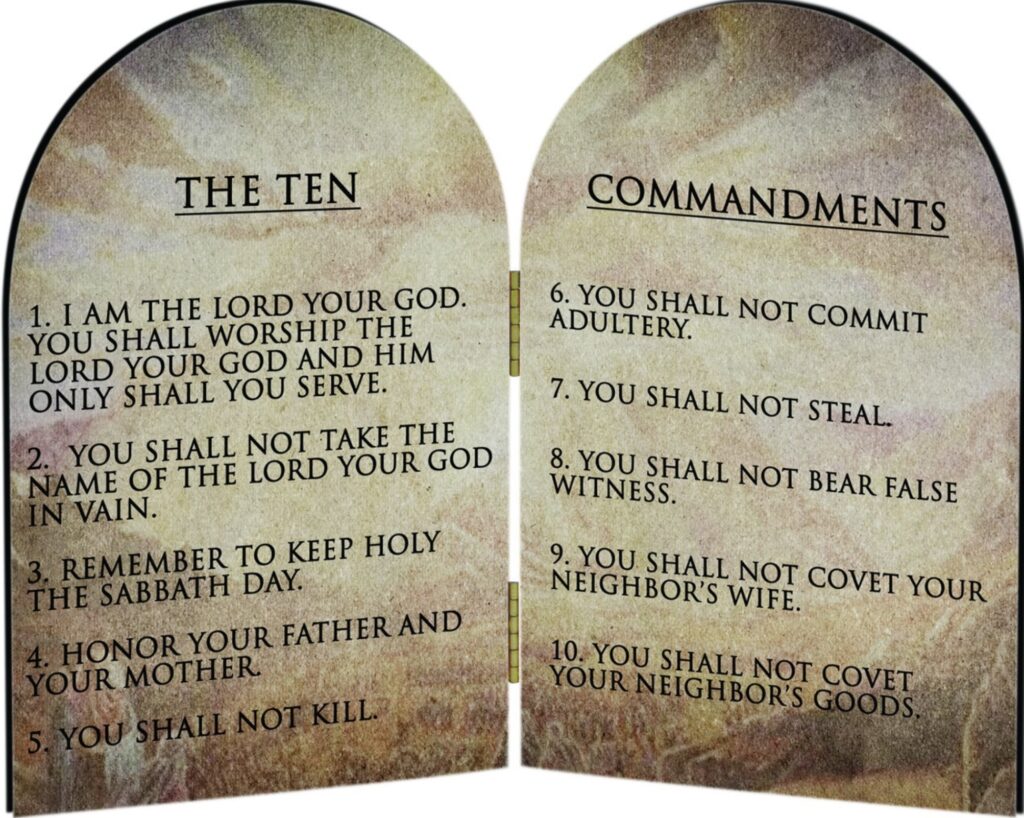
Yet, how many people today even know what they are.
In management-speak, those Eight-Plus-Ten points are a clear Plan of Action, a list of Do’s and Don’ts, all easily actioned.
The fact that they are not is entirely a human failing, as individuals, communities and nations.
The result: Garbage In, Garbage Out.
The cycle of suffering keeps turning.
Christ suffered on the cross because someone with power and influence ordered it.
Why? Why was the Prince of Peace seen as a threat? Whose power and status was he threatening?
At the other end, the Lord Buddha underwent a 180-degree change in personality, power and position.
Born as Prince Siddharth in a royal environment, he abandoned his robes and riches and chose to blend in with the suffering masses.
One suffered because someone ordered it.
The other voluntarily opted for it as the Path to Peace AND Enlightenment.
The paths may differ but the end-goal remains the same.
Buddhism recommends monkhood and meditation. Many rich and famous people who give it a shot find the experience incredibly therapeutic.
Christianity alleviates suffering through charity and compassion. Witness the thousands of Christian hospitals worldwide.
At a broader societal level, however, both are half-way treatments minus an attempt to tackle the root causes of the suffering as well as those responsible for it.
The benefits of time spent in monkhood quickly dissipate after returning to the stressful suffering of corporate power-struggles.
Similarly, the Christian hospitals have a never-ending stream of patients suffering from violence, accidents and disease, all Acts of Humans caused by everything from alcohol to crime and road-crashes.
Both these Buddhist-Christian roadmaps to peace and happiness are complemented by three of the five pillars of Islam.
Brief prayers five times a day are in fact rounds of meditation to reset and refocus the mind. The 30-day Ramadan fast is an annual timeout to build empathy and sympathy for the hungry and needy. Acts of charity are designed to share the wealth with the poor.
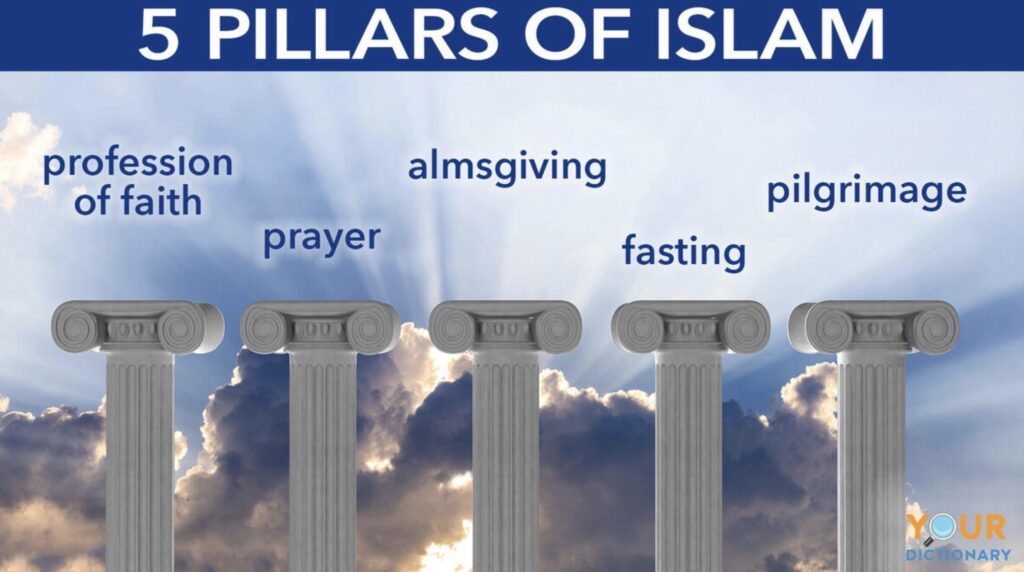
In one way or another, all the great faiths, philosophies and ways of life (Hinduism, Jainism, Sikhism, Taoism, Confucianism, even the indigenous traditions) share the common goal of addressing the root causes of suffering as the pathway to a more stable and sustainable peace, happiness and good health.
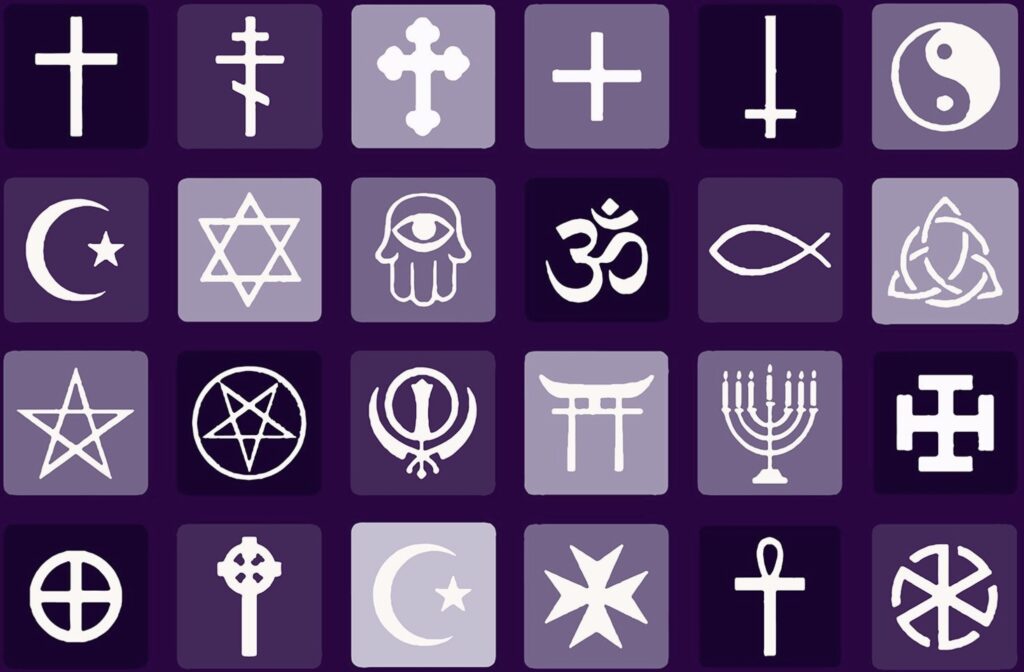
The main challenge today is that suffering has become a big business.
Monstrous amounts of money are being made, both by causing the suffering and then by peddling the solutions to it.
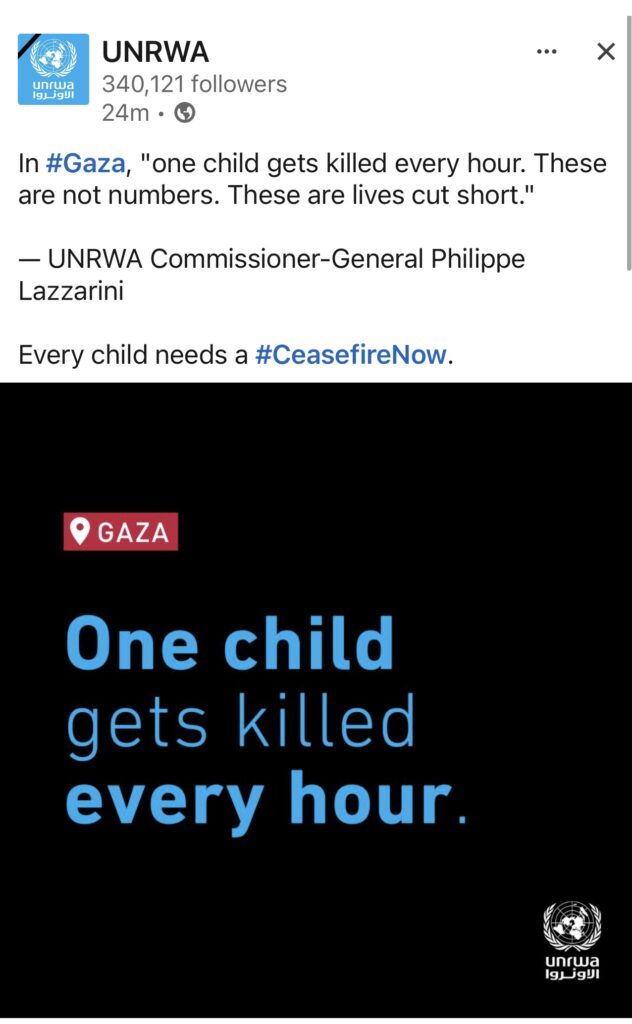

The powerful people who profit from suffering do not tolerate any threats to their status, power and riches.
The same as those who ordered the crucifixion of Jesus Christ.
So, while Christmas does indeed call for a celebration of the birth of Christ, making it last beyond this week will require learning the far more important lessons of his death.
As a grandfather of four, with a burning desire to create a safe, peaceful and sustainable world for the little ones, that’s what I am pondering over this festive season.



Liked this article? Share it!